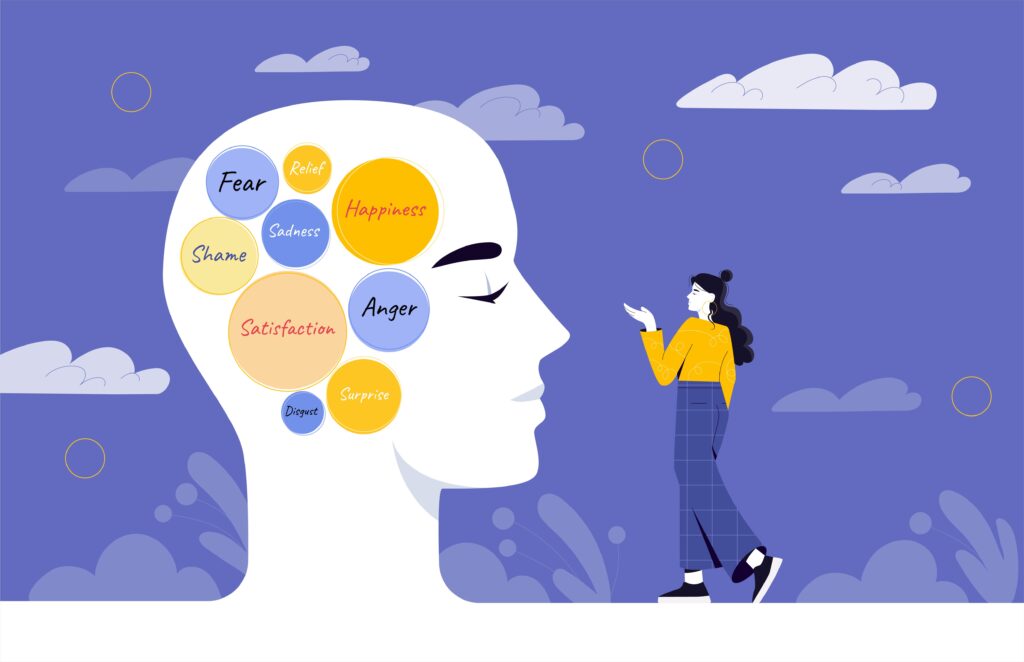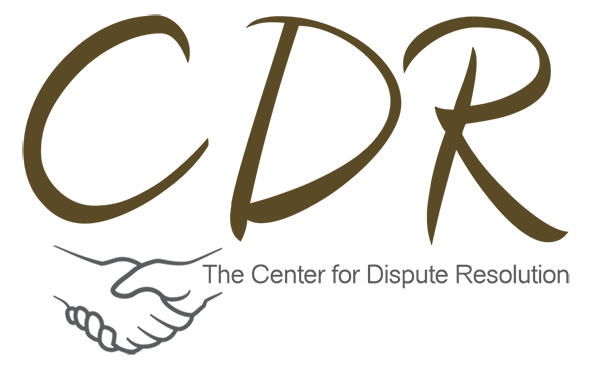
Conflict and The Use of Emotional Intelligence
Conflict resolution is an essential skill in both personal and professional settings. It involves the ability to resolve disputes, disagreements, and misunderstandings effectively. Emotional intelligence, or EQ, is another vital skill that is often overlooked in conflict resolution. In this post, we’ll explore the use of emotional intelligence in conflict resolution.
What is Emotional Intelligence?
Emotional intelligence is the ability to recognize and manage one’s own emotions and the emotions of others. It involves empathy, self-awareness, self-regulation, and social skills. These skills are critical in conflict resolution because conflicts often involve strong emotions.
The first step in using emotional intelligence in conflict resolution is to recognize your own emotions. When conflicts arise, it is essential to understand your emotions and how they may be contributing to the conflict. For example, if you are feeling angry, it may be difficult to listen to the other person’s perspective without becoming defensive. Recognizing your emotions and learning how to manage them can help you approach the conflict in a calm and constructive manner.
Empathy is another important component of emotional intelligence in conflict resolution. Empathy involves understanding the emotions and perspectives of others. In a conflict, it is essential to listen to the other person’s perspective and try to understand where they are coming from. By showing empathy, you can build trust and create a more positive environment for resolving the conflict.
The Importance of Self-Regulation
Self-regulation is another critical skill in conflict resolution. It involves managing your emotions and reactions to the conflict. For example, if you are feeling frustrated or angry, it may be tempting to react impulsively and say things you later regret. Self-regulation involves recognizing these emotions and learning how to respond in a more constructive way.
Social skills are also important in conflict resolution. Social skills involve communicating effectively, listening actively, and building relationships. In a conflict, it is essential to communicate clearly and respectfully. Active listening is also critical in conflict resolution, as it helps you understand the other person’s perspective and build trust. By building relationships, you can create a more positive environment for resolving the conflict.
Benefits of Emotional Intelligence
Using emotional intelligence in conflict resolution can lead to better outcomes. When emotions are involved in a conflict, it can be challenging to find a resolution that satisfies everyone involved. Emotional intelligence allows you to approach the conflict in a more constructive and empathetic manner, which can lead to a more positive outcome.
In conclusion, emotional intelligence is an essential skill in conflict resolution. It involves recognizing and managing your own emotions, showing empathy, self-regulation, and social skills. By using emotional intelligence in conflict resolution, you can approach the conflict in a more constructive and empathetic manner, which can lead to a more positive outcome.
If you are currently in a conflict, business disagreement, or divorce, the Center for Dispute Resolution can help. Over the years, we’ve assisted many people in engaging in and working through their conflicts and it is highly likely that we can help you with your dispute as well. To find out more about our services or to receive a free 30 minute consultation, call us today at (478) 216-8522 or send us a message online. It can be resolved, we can help.
✅ Resolve disputes effortlessly. ✅ Build stronger relationships. ✅ Subscribe FREE now!
Don't miss out! Join us today. 🚀


Comments are closed